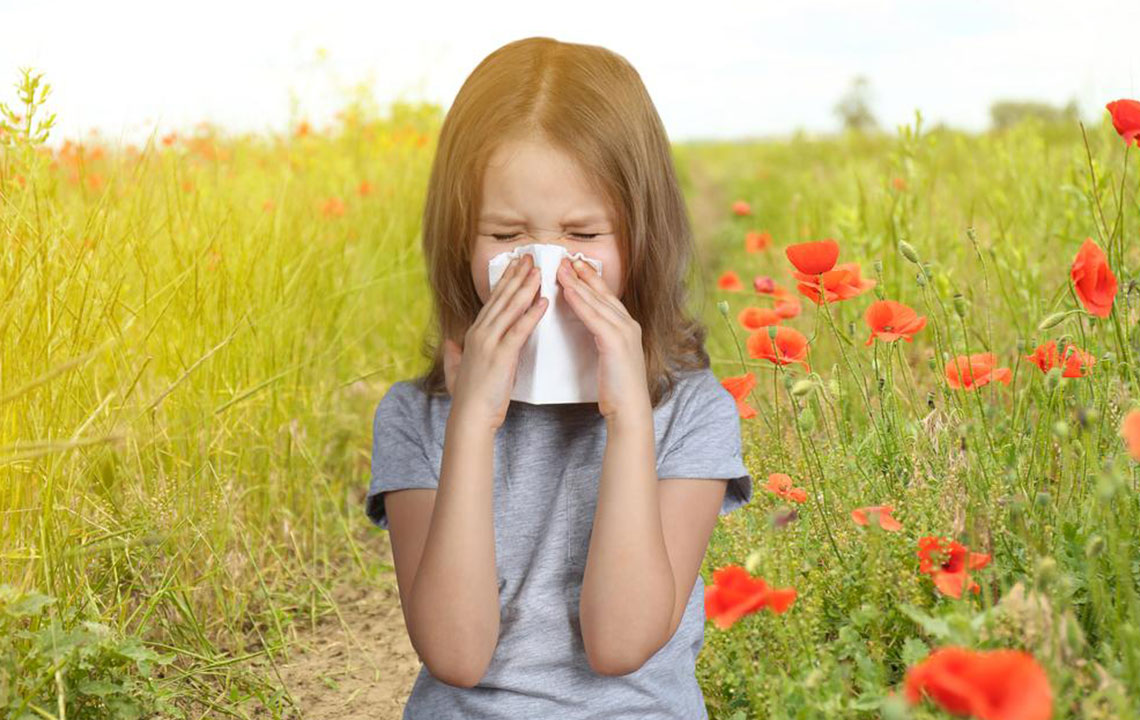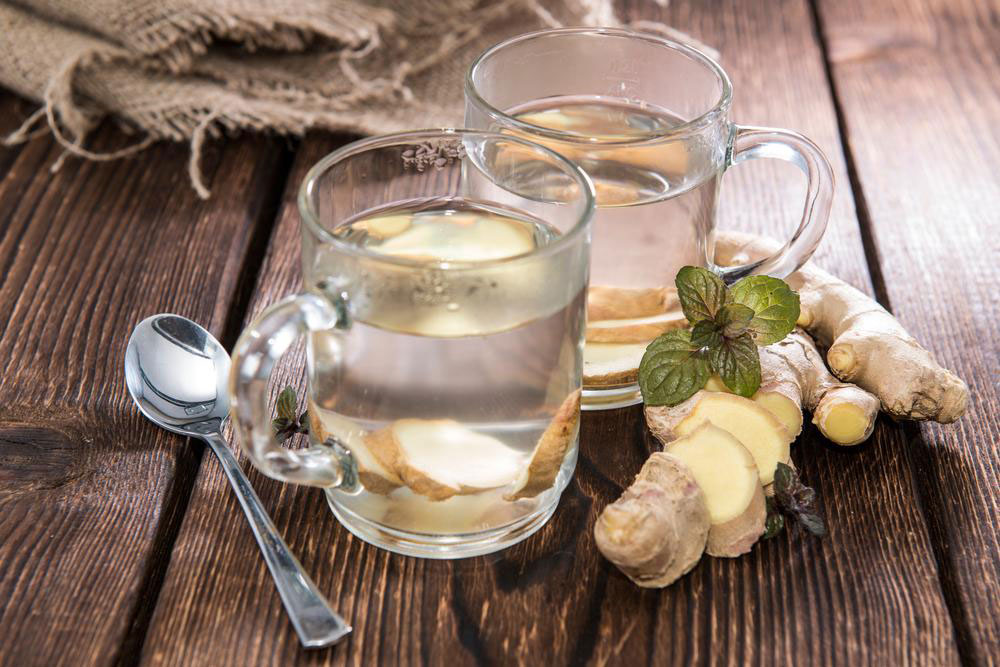Effective Strategies to Manage Seasonal Allergies and Enhance Comfort Year-Round
This comprehensive guide explores effective strategies to manage seasonal allergies year-round, including medication options, lifestyle changes, and home remedies. Learn how to reduce allergy symptoms and enjoy outdoor activities in every season by understanding triggers and implementing practical solutions for a healthier life.

Effective Strategies to Manage Seasonal Allergies and Enhance Comfort Year-Round
Changing seasons bring vibrant scenery and pleasant weather, but for many individuals, they also bring a surge in allergy symptoms that can significantly impact daily life. Allergic reactions caused by environmental allergens such as pollen from trees, grasses, and weeds often lead to discomfort that can be persistent and disruptive. Understanding how to effectively manage these symptoms is vital for enjoying activities outdoors and maintaining quality of life throughout the year.
Seasonal allergic rhinitis, commonly known as hay fever, affects millions worldwide. Its primary symptoms include sneezing, nasal congestion, itchy and watery eyes, and facial swelling. In more severe cases, individuals may experience coughing, headaches, fatigue, and even breathing difficulties, making it essential to find effective relief strategies.
Understanding the Causes and Triggers of Seasonal Allergies
Allergic reactions during particular seasons are triggered by airborne particles known as allergens, which vary according to geographic location and climatic conditions. The main culprits include pollen originating from trees, grasses, and various weeds, which become airborne and inhaled, prompting immune responses in sensitive individuals.
During spring, tree pollens such as birch, cedar, and oak dominate the air, causing allergy spikes. Summer sees increased grass pollen, while autumn is characterized by ragweed and weed pollens, often leading to the most intense symptoms. Environmental factors like dry, windy days, and warm weather can elevate pollen counts, especially after rainfall or in the early mornings.
In response to airborne allergens, the immune system releases chemicals like histamine, which trigger inflammation and the classic allergy symptoms. Although seasonal allergies cannot be completely eradicated, several treatment options and lifestyle modifications can significantly reduce their impact.
Medication remains a cornerstone of allergy management. Antihistamines, decongestants, and nasal corticosteroids are commonly prescribed, often used in combination for optimal symptom control. These medications help block allergic reactions, reduce inflammation, and alleviate nasal congestion and other discomforts.
Alongside medication, lifestyle adjustments and home remedies can provide substantial relief. Saline nasal irrigation helps clear allergens from the nasal passages, while reducing exposure by staying indoors during peak pollen hours minimizes contact. Eating antioxidant-rich foods such as fruits and vegetables can bolster your immune system, making you less sensitive to allergens.
Practical tips for allergy sufferers include wearing sunglasses and masks outdoors, keeping windows closed during high pollen seasons, and regularly cleaning bedding and home surfaces to remove accumulated allergens. Implementing these measures can improve quality of life and allow you to enjoy outdoor activities without fear of allergic reactions.
It's also important to seek guidance from healthcare professionals for personalized treatment plans, especially for persistent or severe symptoms. They may recommend allergy testing to pinpoint specific triggers or suggest immunotherapy options like allergy shots, which can provide long-term relief by gradually desensitizing the immune response.
Overall, managing seasonal allergies involves an integrated approach combining medication, environmental control, and lifestyle strategies. With proper care and precautions, individuals can minimize symptoms and enjoy the beauty of each season without the burden of allergy discomfort.





